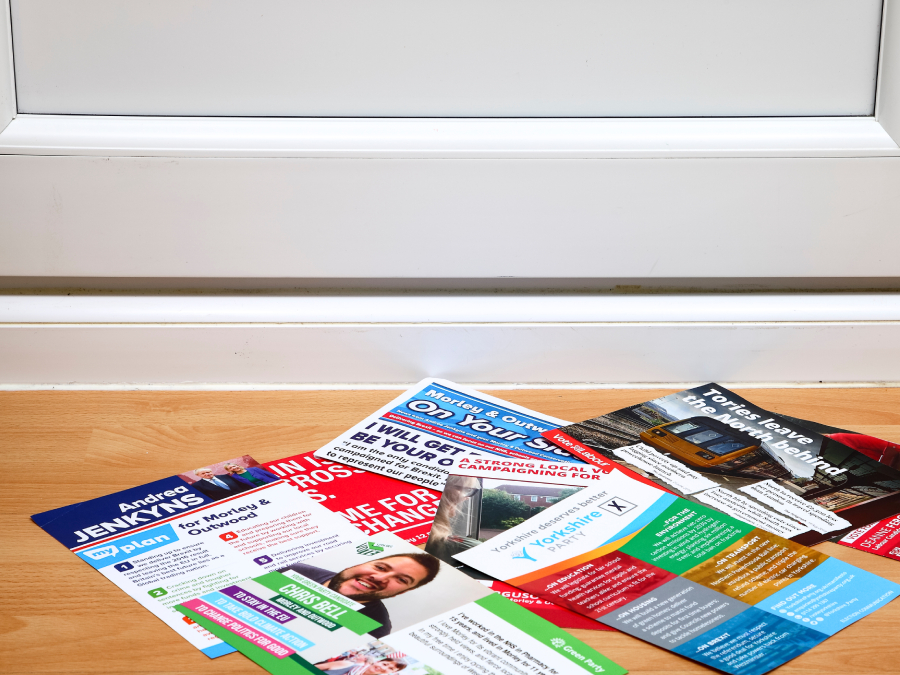Solopress have been based in Southend-on-Sea in Essex for over 20 years, and during that time have developed a strong relationship with the local community.
With an upcoming by-election in the Southend West constituency, some of our local customers have contacted us to raise their concern about the nature of some election material that they have received having been printed by ourselves.
With local elections to follow later in the year, we thought we would take this opportunity to explore the role that print has to play in an election, and explain our position when it comes to deciding whether or not to print controversial content.
As a rule, we as a business do not seek to take a political position by censoring or withholding our services from any political party registered with the Electoral Commission. Our role in the process is merely to print any lawful election material as instructed. This principle would apply to our working with any registered party from any position on the political spectrum.
We do however seek to identify and discard any material that we feel is breaking the law, and in these instances have previously consulted with Essex Police to obtain their perspective. There are cases in the past when we’ve taken action to halt the production of such material.
Spotting these jobs, however, isn’t easy. As an online print company where artwork is submitted through our website with little to no human involvement, it is extremely difficult to monitor the many thousands of jobs that pass through our presses each week, especially as most of our processes are automated.
Our team here are encouraged to keep their eyes open for anything that breaches our terms and conditions, but this system is not foolproof.
One question we have been asked is why our name appears on these leaflets, and whether this represents us endorsing the viewpoints contained. The answer to this is that it is actually a legal requirement for the name and address of the printer to appear on any election material. This is called an ‘imprint’ and doesn’t represent any political endorsement on behalf of the printer named. You can learn more about imprints on The Electoral Commission’s website.
Finally, and importantly, we believe that it is crucial in an election that the electorate know and understand what each candidate stands for before they go to the ballot box. This enables them to make an informed decision and to cast their vote for the candidate that best represents their own views and beliefs.
When it comes to something as important as our democracy, ignorance should not be bliss. We believe that all candidates have the right to share with the electorate the reasons that they should vote for them, as long as they do so lawfully and while following the rules of the Electoral Commission. We also believe that based on their policies, the electorate deserves the chance to choose the candidate best suited to represent them, which can only be achieved by understanding what each candidate stands for.
Election printing is not an easy subject and one that will always cause disagreement and division – much like politics itself. We hope that this blog post answers some of the common questions we receive and outlines how we approach this difficult area of our business.




